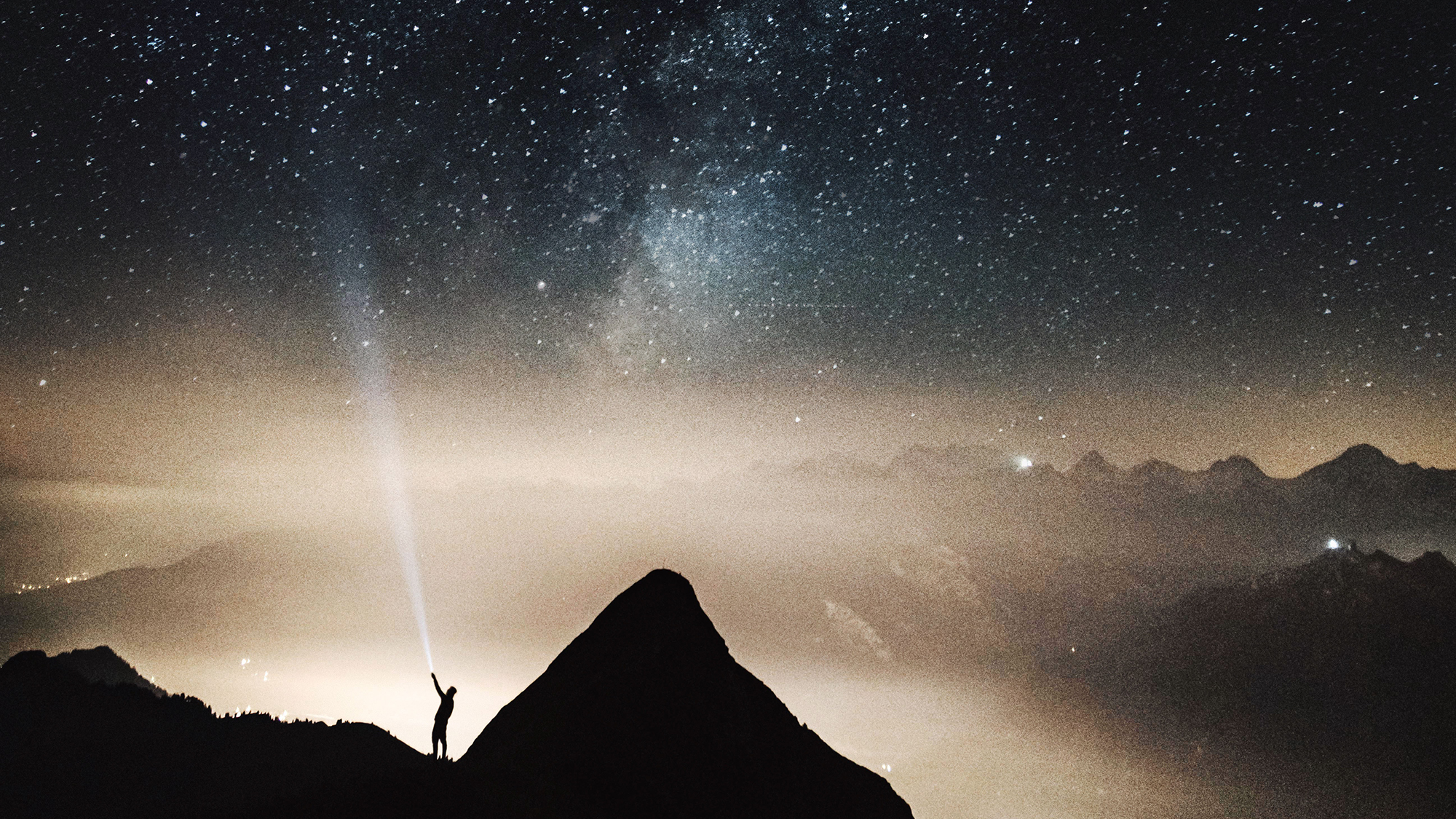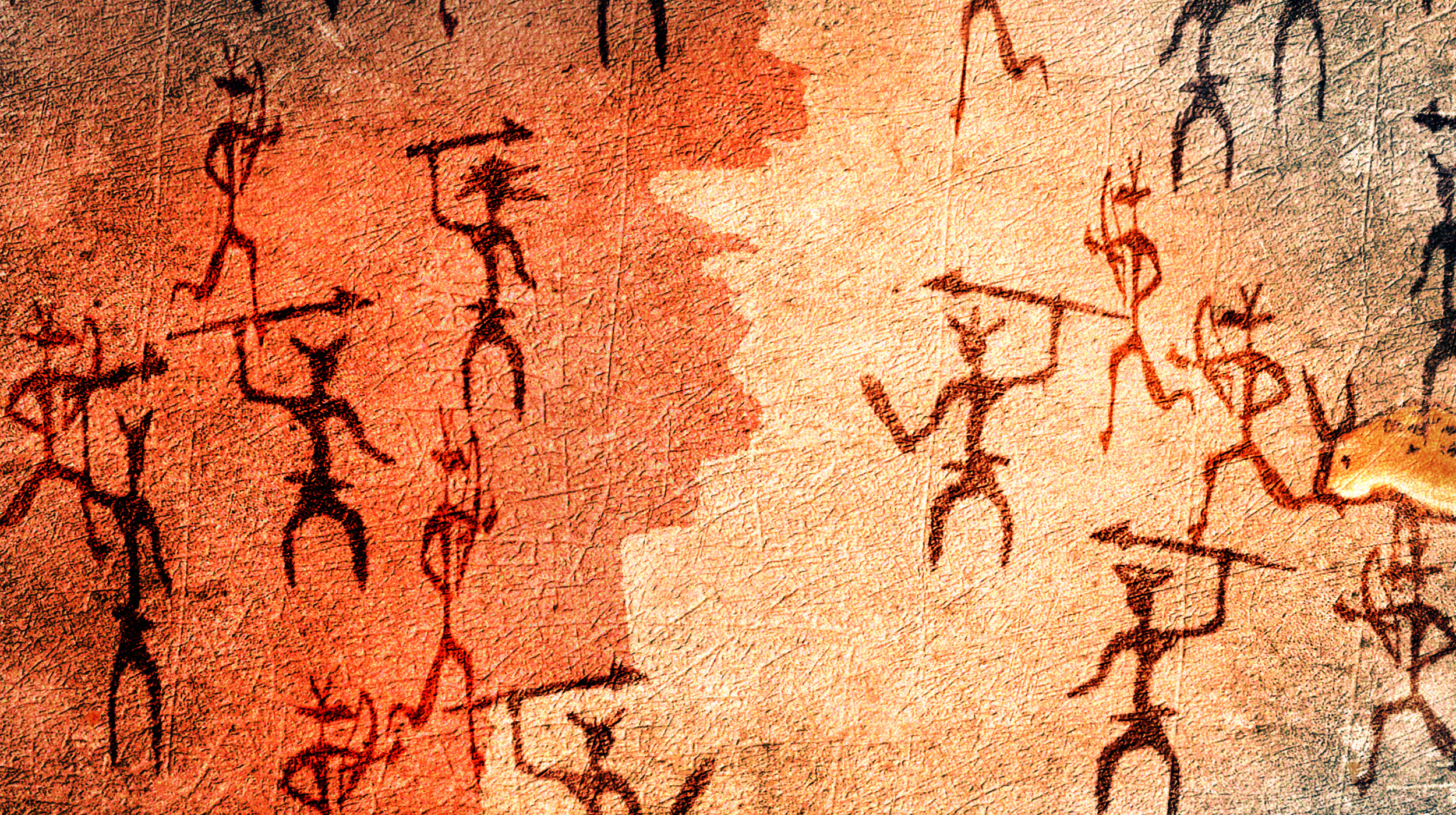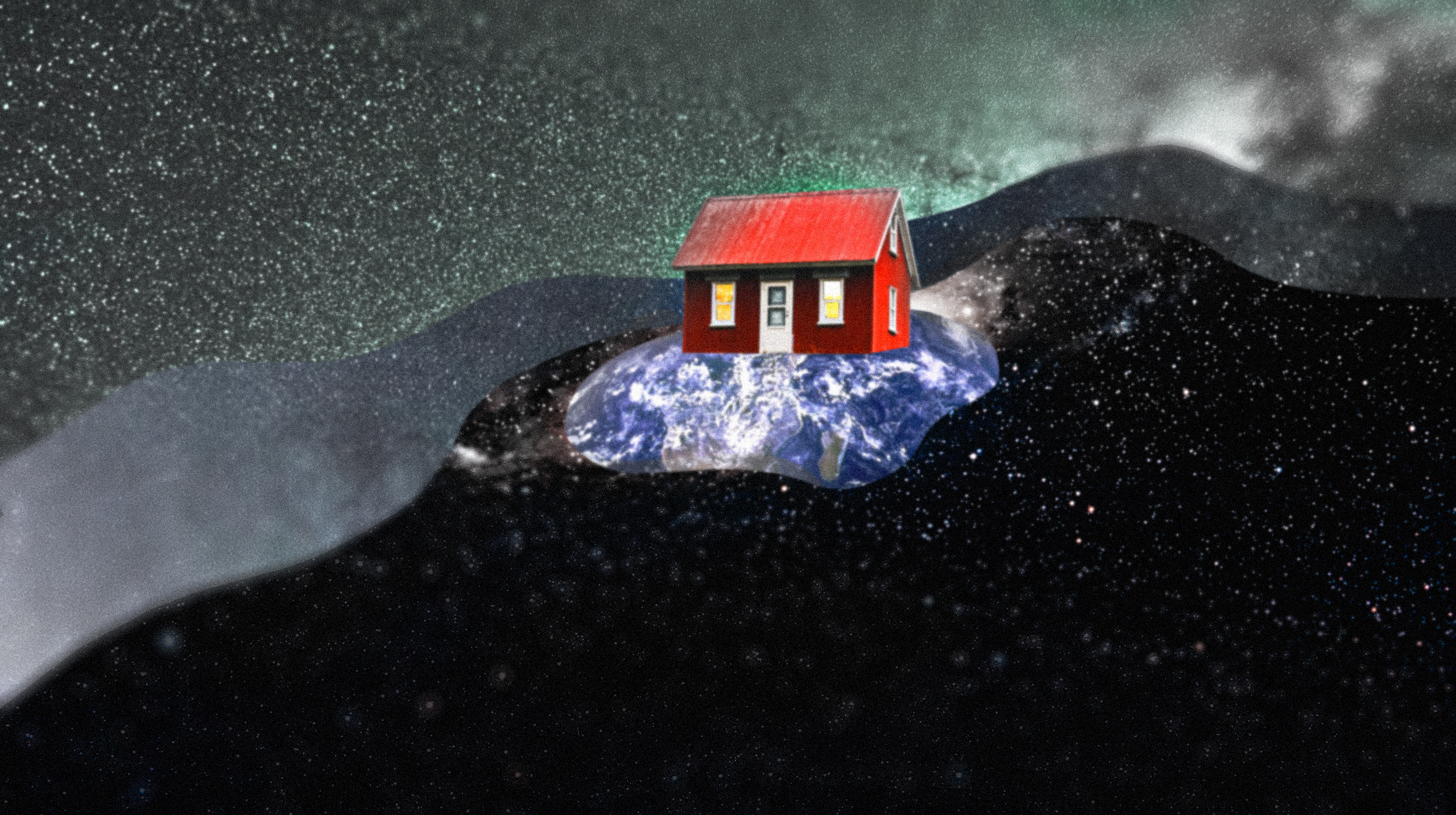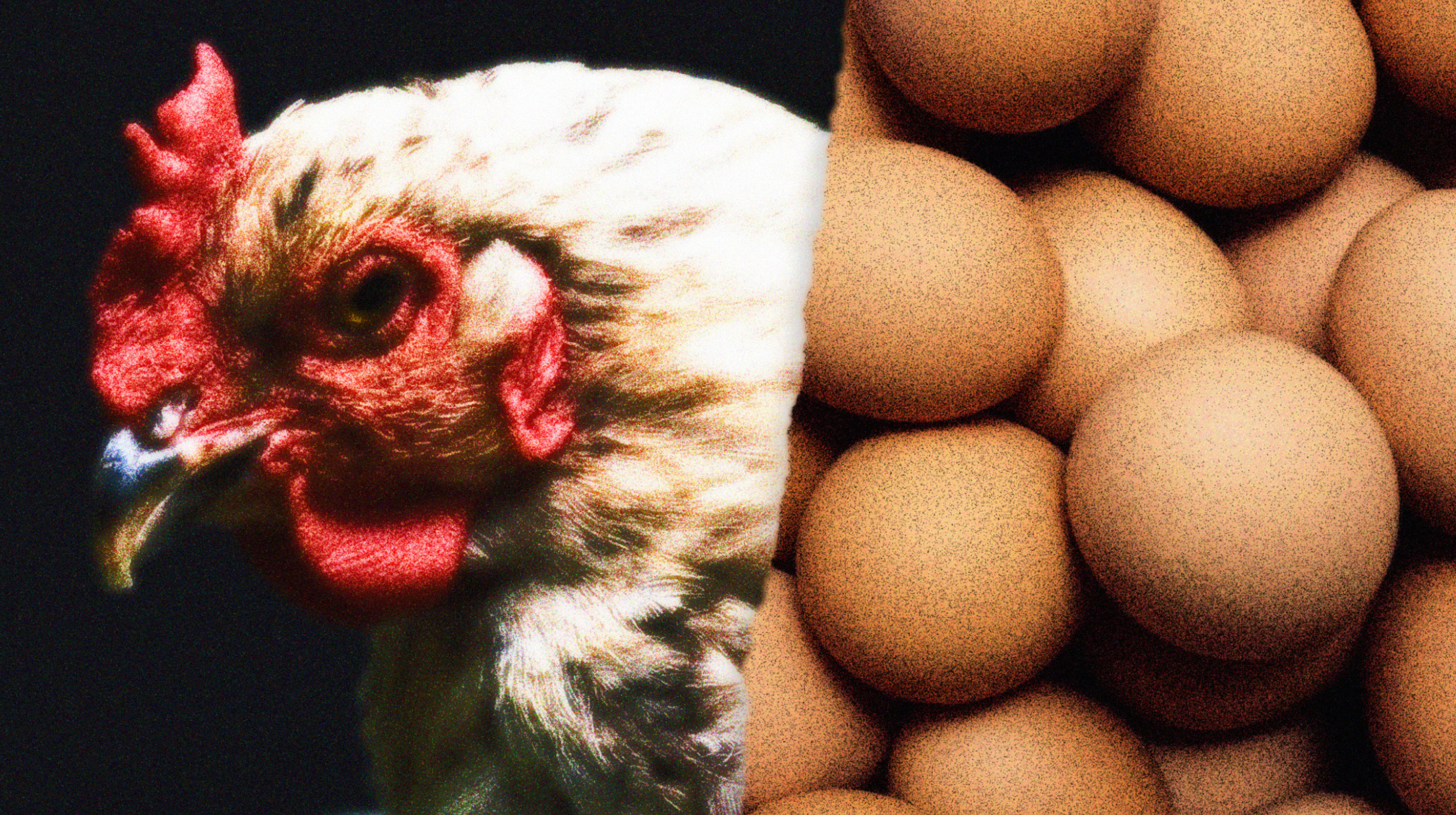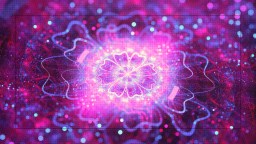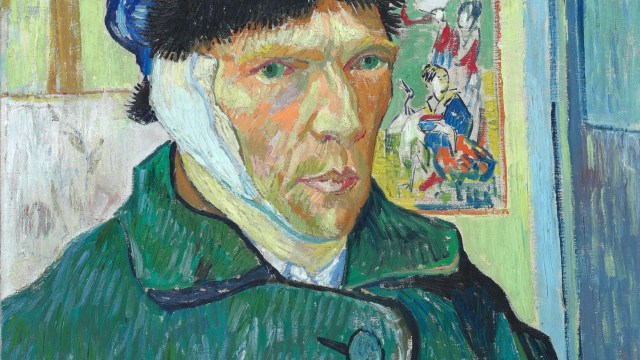Why we are the only humans in the Universe and why it matters for our collective future
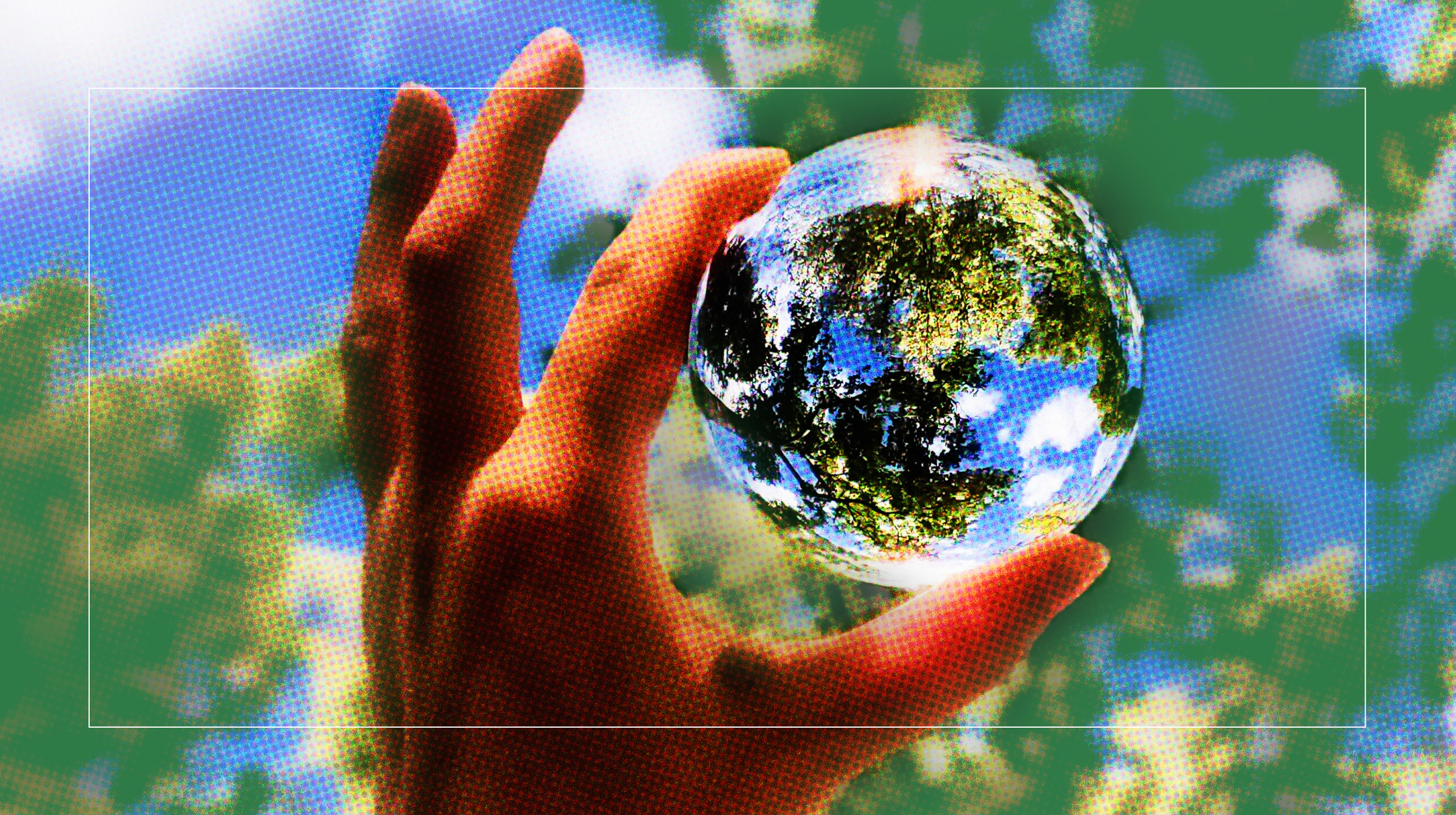
- For millennia, tribal divisions governed humanity. But what was good for our ancestors and their survival now seeds deeply destructive and predatory behavior. Humanity needs to unite.
- One way for humanity to unite is to realize that we are the only humans in the cosmos. Even if life exists elsewhere, it won’t be like us.
- Therefore, the human voice is unique in the cosmos. If we ruin our project of civilization, the Universe will once again become silent.
We need to change the way we see each other and our relation to our home planet. For thousands of years, tribal divisions have ruled the way we humans have organized ourselves in groups. Unfortunately, what was good for our ancestors and their survival now seeds deeply destructive and predatory behavior.
We don’t care about the other living creatures with whom we share this planet. We don’t care about the planet. We don’t understand what is needed for our survival as a species. As the news tells us daily, we remain profoundly divided, prone to isolate ourselves in groups that define the way we think and behave. Widespread political strife, cultural intolerance, and tribal entrenchment are symptoms of a deeper problem: Our focus on material greed and unstoppable growth is choking civilization and the planet along with it. Civilization is at a crossroads. To move beyond, we need to reframe our connection to other living creatures and to the planet we all share.
A new unifying narrative
We need a new unifying narrative that has the power to awaken humankind to a very urgent truth: that despite our political and religious differences, we are a single species living on a fragile and rare planet. This narrative must break down the tribal walls that separate us; it must make a convincing case that we need to work together if we are to protect our way of life and the planet that harbors it. Scaring people about the dangers of global warming, social unrest, and mass extinctions is not working. We need something new, something that we can all share, that we can all relate to, that can awe and inspire us into action — a positive, constructive, inclusive message that resonates with young and old alike, from Baby Boomers to Generation Z. We need a new narrative of mythic proportions that unites us as a species and brings our planetary fragility to the forefront. We need to restructure our project of civilization.
The essence of this new narrative, which I present in a forthcoming book, is that the Universe has a history only because we are here to tell it. But this story is not just about the Big Bang and the expanding Universe, of myriad galaxies and stars, of electrons and quarks, of planets and moons. It is a story of the interconnectedness of the nonliving with the living, of the uniqueness of our planet and its biosphere, of our cosmic loneliness and its deep moral implications. The way we tell a story makes a difference. And the story of who we are and of our planetary role needs to be retold.
Consider the nascent Earth 4.5 billion years ago, a hot ball of molten matter, bubbling and boiling as it slowly took shape. Debris from leftover protoplanetary matter in the form of comets and meteors collided mercilessly with young Earth, causing major havoc but also delivering life’s essential building blocks: water and a variety of chemicals, including some simple organics (that is, chemical compounds with carbon). We could call this the cosmic angry-gifting era. The onslaught would only quiet down some 600 million years after Earth’s origin, around 3.9 billion years ago. If elements had gathered to make some kind of living creature before then, the poor thing was probably destroyed without a trace. Life may have had many false starts, lost in the dust of time.
We are the only humans in the Universe
To understand the history of life on Earth, we must understand Earth’s life history. This is true for any planet that may harbor life, whether in the past, the present, or the future: The history of life on a planet is contingent on the planet’s life history. And here is the amazing consequence of this fact: given that no two planets have the same history, life is not a repeatable experiment. Even if different life forms share the same biochemical principles across the Universe, being carbon-based and gene-driven by Darwinian natural selection, each world will harbor its own kind of living entities, which will mutate and evolve according to chance and the world’s unique changing environment. The living creatures on a world carry the indelible imprint of the world’s properties and history.
The preceding argument speaks to us directly. Life on Earth is unique: If there is life elsewhere, it will be different. We can state with confidence that we are the only humans in the cosmos. And given that we are, for better and for worse, the dominant intelligent life form on this planet — I do love and respect whales, dolphins, monkeys, dogs, cats, etc., but they don’t write poetry and build radio-telescopes or nuclear bombs — we are unique in our kind of intelligence. If there are intelligent life forms in other stellar systems, “they” will not be like us, even if they may share some of our traits, such as an approximate left-right symmetry. Furthermore, any existing alien life form is so far away that, for all practical purposes, we are alone. This means that the spectacular transformation that has unfolded on our planet from a barren ball of molten rock to a thriving abode for life matters in a very central way, what I like to call biocentrism.
The next time someone repeats the tenets of Copernicanism, that we are nothing in the vastness of the cosmos, that science teaches us how worthless we are, please beg to differ. We matter. We matter for our uniqueness as thinking molecular machines capable of transforming raw materials into revolutionary technologies, products of four billion years of evolution on a planet that matters for its uniqueness as a stable abode for the prolonged existence of life. These two inter-related conditions — the existence of intelligent life and a planet that offers long-lasting shelter for its creatures — are not likely to be encountered with high probability in the cosmos. If there is intelligent life elsewhere, it will be rare.
Biocentrism
We have learned much about where we are and what we are made of. Our amazing tools have greatly extended our vision of the world and of the Universe beyond. We also have learned that there is much that we don’t know, and much that we will never know. Our reach is wide but limited. Nature need not comply with our flights of fancy. Science tells us how nature works and not how it should work. As we began to send probes across the Solar System, we were struck by how different these other worlds were, how magnificent and barren — and how indifferent to life.
We have longed for the harmonies for too long; we have longed for cosmic companionship — divine or alien — for too long. We must accept that we are alone in the cosmos, if not in absolute terms — as we can never be certain of what lies beyond the reach of our instruments — at least in practice. This makes us very special indeed. And it creates a new purpose for humankind.
Note that this is very far away from a return to an anthropocentric worldview, to pre-Copernican times when the Earth was the center of Creation. (I call it biocentric to make the distinction clear.) Biocentrism is necessarily post-Copernican. I am saying that we are unique and important — but not for having been created by a god, or for being the result of a purposeful cosmic directive.
We are unique and important for being self-aware living entities capable of asking questions about their origin and future. We may not be the measure of all things as Protagoras of Abdera proclaimed long ago, but we are the things that can measure. We experience the world, we measure it, and we tell stories about what we see and what we feel. And what we are finding out is that we may very well be the only ones asking such questions — or, at the very least, the only ones we know of, which effectively amounts to the same thing. Even if “they” exist and tell stories, their stories will not be ours. There is only one human voice in the cosmos. And if we ruin our project of civilization, the Universe will once again become silent.
A planetary wakeup call
The acceptance of our cosmic loneliness and the rarity of our planet is a wakeup call, ringing to awaken a new collective consciousness. I believe it to be the new unifying myth of our generation, with the power to go beyond tribal divides and bigotry, to lead us into a new era of human flourishing. But for this to happen, we need to change how we relate to life and to the planet that allows us to exist. We are not above nature, and we don’t own it. We are a part of it and depend on it for our existence.
Life is rare. We are rare. This planet is rare. Treasure life and planet, worship it, learn from Indigenous cultures and their sacred connection to the land. This is the moral imperative of our time, what we owe future generations and the life we share this planet with.
